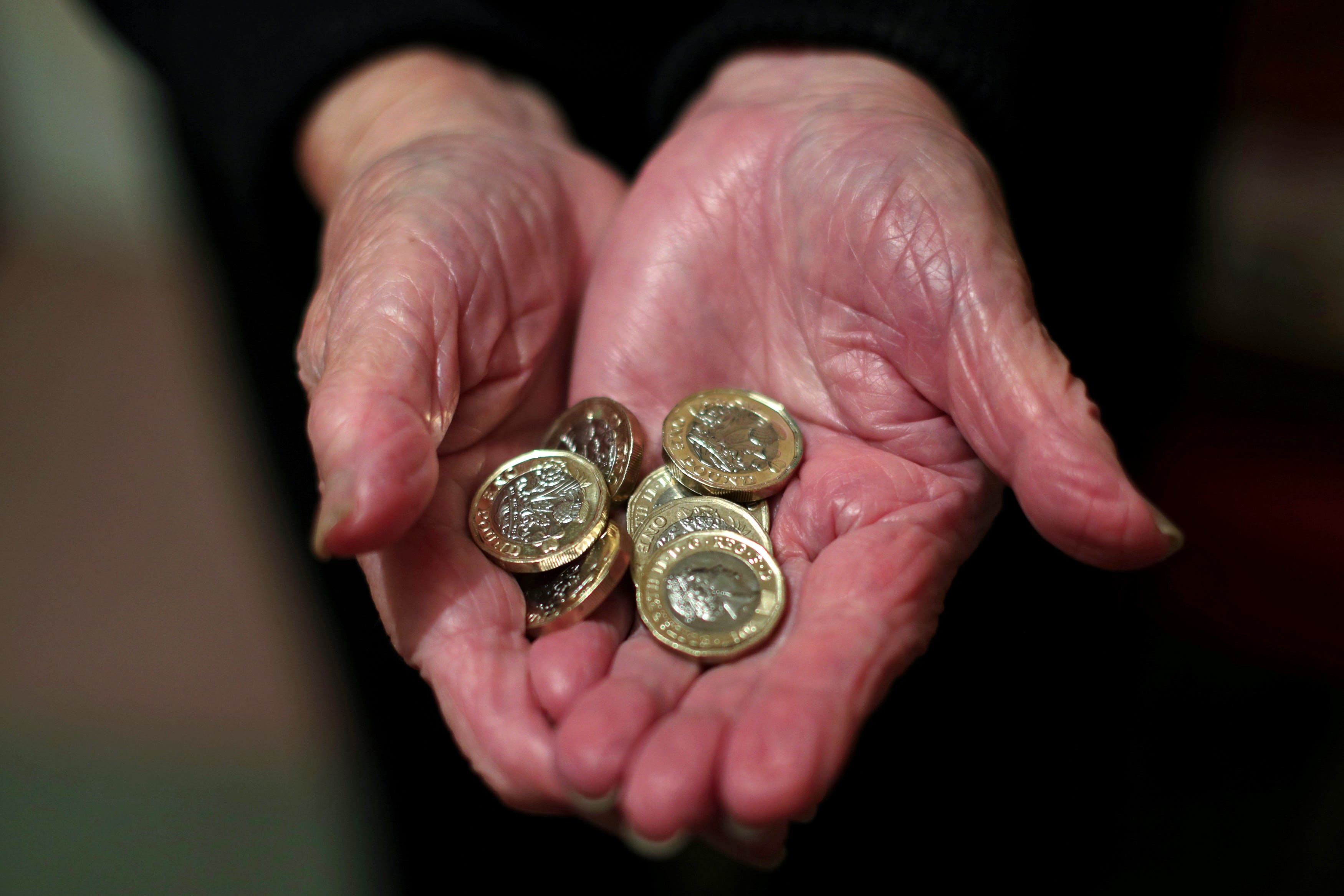Older tenants face housing emergency amid rising rents, says charity
Independent Age said the threat of eviction is a real fear for many people given the ‘lack of alternative affordable housing for older people’.

Your support helps us to tell the story
From reproductive rights to climate change to Big Tech, The Independent is on the ground when the story is developing. Whether it's investigating the financials of Elon Musk's pro-Trump PAC or producing our latest documentary, 'The A Word', which shines a light on the American women fighting for reproductive rights, we know how important it is to parse out the facts from the messaging.
At such a critical moment in US history, we need reporters on the ground. Your donation allows us to keep sending journalists to speak to both sides of the story.
The Independent is trusted by Americans across the entire political spectrum. And unlike many other quality news outlets, we choose not to lock Americans out of our reporting and analysis with paywalls. We believe quality journalism should be available to everyone, paid for by those who can afford it.
Your support makes all the difference.Almost half of older private tenants had their rent raised in the past year and more than one in five can no longer comfortably afford what they owe, according to a survey.
Anxiety about being able to pay to stay where they live was reported among many of the respondents to the Independent Age research, all of whom were 65 and over.
While that feeling was more common among those on housing benefit (51%), anxiety was still prevalent among 42% of those not receiving such help, the charity said.
The organisation said the threat of eviction is a real fear for many people given the “lack of alternative affordable housing for older people”.
None of us expect to live our later years scraping by so we can afford our rent. But for many older private renters, this is their reality
Its Hidden Renters report found that 45% of older private renters who were surveyed had experienced a rent increase in the past year, with more than half of the rises being between £50 and £200 per month.
Some 22% of the 1,804 private renters surveyed by YouGov in June said they cannot comfortably afford their rent, the charity said.
Around 15% said they had less than £100 of disposable income to spend each month after paying rent, leaving little to cover food and bills.
For its research the charity also interviewed more than 40 older people in the first three months of the year who were living on a low income and privately renting across the country, and took on board insights from advisers on its national helpline and advice services.
John Palmer, director of influencing and engagement at Independent Age, said: “None of us expect to live our later years scraping by so we can afford our rent. But for many older private renters, this is their reality.”
The charity said older private renters on low incomes “urgently need help with the housing emergency they find themselves facing”.
Independent Age said it was calling for the Government to take action to “fix the broken private rental sector now”, urging a raise in the local housing allowance to cover the cheapest 30% of the local private rental market “and ensure that this is updated annually so renters aren’t forced into poverty when rents go up”.
The charity has also repeated calls for the Renters Reform Bill to be debated and passed as soon as possible.
The Bill had its first reading in Parliament May but no date has yet been set for a second.
Housing and homelessness charity Shelter attributed the current situation to “decades of failure by successive governments to build genuinely affordable social homes”.
Shelter chief executive, Polly Neate, said: “We regularly hear from older renters who have worked for decades in search of safety and security in later life but are now being condemned to live out their senior years in cramped, damp, or run-down properties. Others have been left desperately scrambling after their landlord issued a Section 21 no-fault eviction notice, giving them just two months to find a new home.
“Instead of leaving older renters at the mercy of a broken and underregulated private renting system, the Government must keep its word, and get the Renters (Reform) Bill over the line to finally ban Section 21 evictions and make renting safer and fairer for everyone.”
A spokesperson for the Department for Levelling Up, Housing and Communities said: “The Renters (Reform) Bill currently going through Parliament will deliver a fairer, more secure, and higher quality private rented sector.
“It will abolish Section-21 ‘no fault’ evictions to deliver the Government’s commitment to a better deal for renters and landlords – improving the system for responsible tenants and good landlords.”